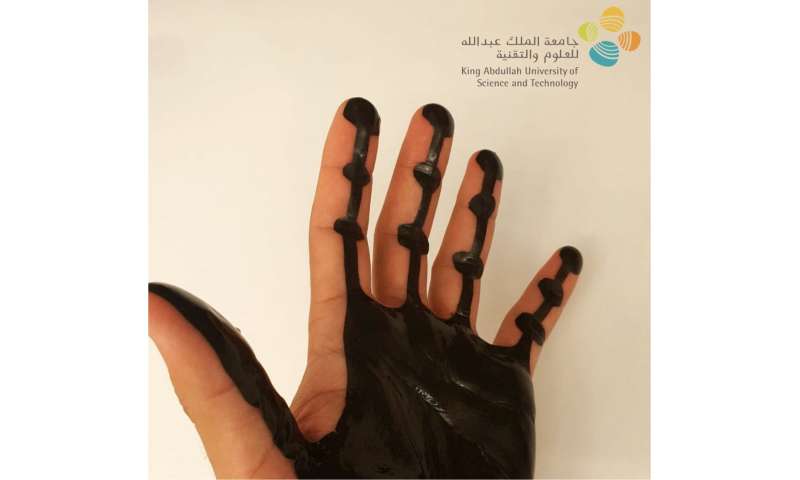Best of Last Week: Devices that disappear, a robotic thread and weight loss with intermittent fasting

It was a good week for technology research, as a team at King Abdullah University of Science and Technology demonstrated a biocompatible magnetic skin that could enable new wearable systems—the skin cover allows for tracking movement with a nearby monitor. And a team at MIT developed what they described as a robotic thread designed to slip through the brain's blood vessels—it can be moved and steered using external magnets. Also, a team at the Georgia Institute of Technology, working on a contract with the Department of Defense, announced that they had created devices that disappear on command after military missions—the devices were made of polymers that self-destruct when exposed to a ceiling temperature.
It was also a good week for Earth science as an international team of researchers found evidence of an ancient die-off approximately two billion years ago greater than the dinosaur extinction. The event was linked to declining oxygen levels in the atmosphere. And another international team of researchers found evidence of a past high-level sea rise—speleothems in coastal caves showed sea levels as much as 16 meters higher than today approximately 3 million years ago.
In other news, researchers at Harvard University developed a new theory that draws connections between Planckian metals and black holes—possibly leading to unknown aspects of quantum physics. And a team of chemists at Stanford University found that water microdroplets spontaneously produce hydrogen peroxide—they suggest it happens as a strong electric field near the surface of microdroplets triggers hydroxyl molecules to bind into hydrogen peroxide. Also, nutritionist Emma Derbyshire, with Nutritional Insight, published an article in the British Medical Journal, pointing out that a suggested move to plant-based diets risks worsening choline deficiency—choline is a nutrient vital for brain health. And a team with members from the Department of Energy's SLAC National Accelerator Laboratory and Stanford University announced the first report of superconductivity in a nickel oxide material.
And finally, if you are one of the many millions around the world trying to lose weight, you might want to check out a study conducted by an international team of researchers—they found that intermittent fasting or a 'fast and feast' diet, works for weight loss.
© 2019 Science X Network